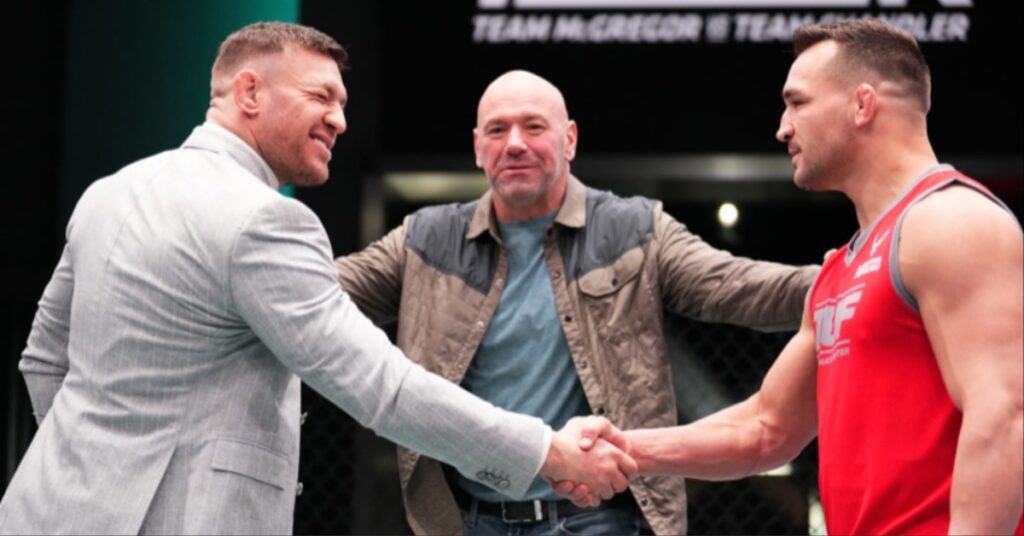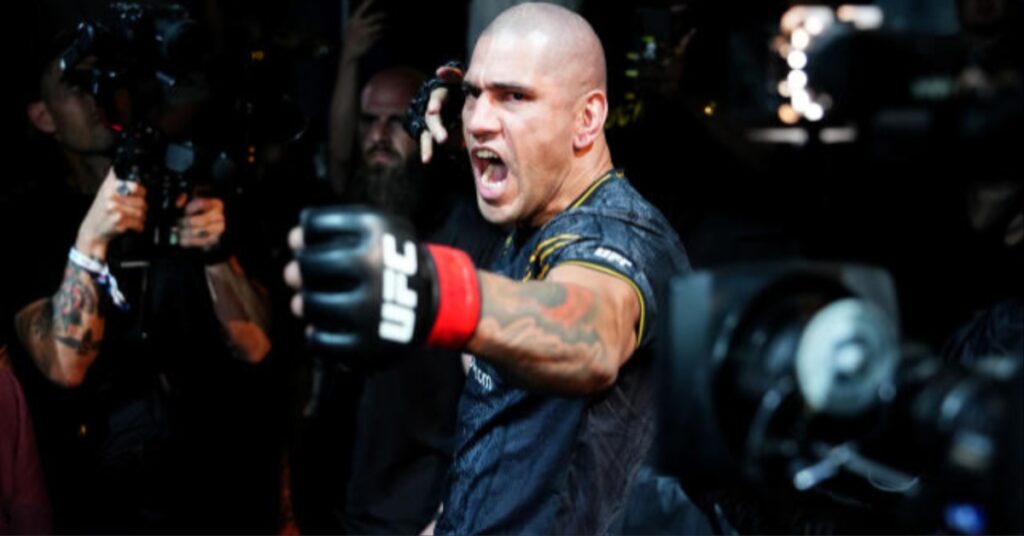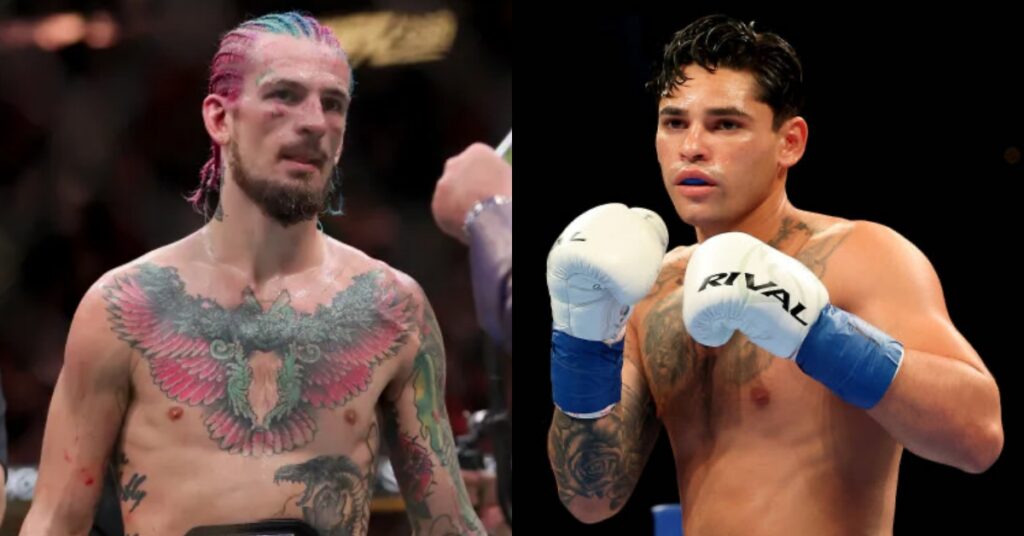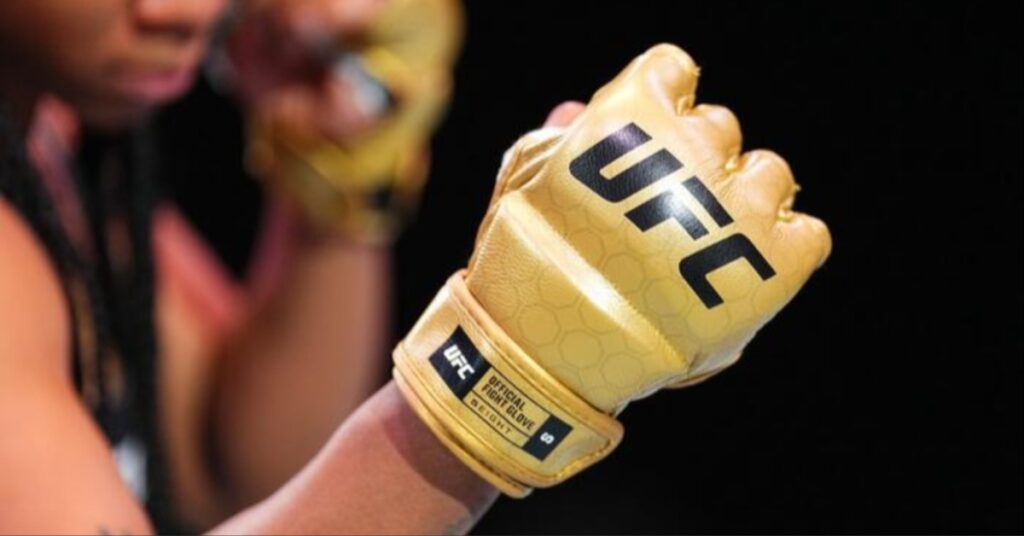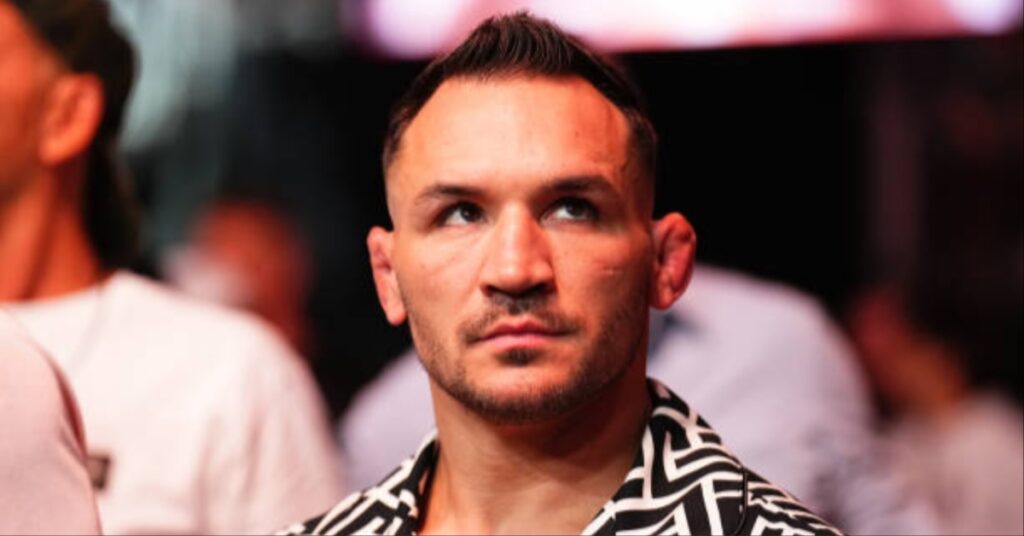Lyoto Machida Says MMA Fans are Fickle and Sometimes Being Conservative is Necessary in MMA

(“There goes my number of Twitter followers down the tubes.”)
Former UFC light heavyweight champion Lyoto Machida finds himself in the unfamiliar position of having his back against the wall coming off of two consecutive UFC losses. Aware that he needs to win his next bout or risk having his head on the UFC’s chopping block, “The Dragon,” who was previously undefeated in his career before losing to Mauricio “Shogun” Rua and Quinton “Rampage” Jackson in his last two bouts says that the biggest adjustment he had to make as a loser was getting used to fans turning their backs on him.
“People sometimes want something that is not possible. St. Pierre for instance, plays by the rules, once you lose people don’t want to know about you anymore,” Machida told Tatame in a recent interview. “It’s great to make a good show, if you can do both things, great, but you can’t always. Each day that goes by you keep seeing it as a sequence of losses because you keep distancing yourself to the title, so it’s harder for you to fight a top guy, like Rashad, who’s on the line for the belt. I have to seek another fight d o what I want, but when you’re in the middle of the ranking you never know what can happen to you. Vitor (Belfort), for instance, fought once and will dispute the title, because of his background, so it’s hard to say. But in my weight class I know there’re other people before me on the line; it happens.”
As far as his last loss — a decision that many feel shouldn’t have gone to Rampage — Machida says he is done dwelling on what should have or could have happened.
“Until these days I hear everybody telling me, ‘they steal from you,’ but I don’t like to keep saying it because it ain’t change anything, maybe it make things worse because I’ll keep thinking about it. Now I’ll do my own game, win without leaving any doubts. These are things we learn on the road.“
Although he says that he won’t let his need to win force him to fight ultra conservatively, Lyoto says that sometimes situations in a fight require a fighter to play it safe.
” People sometimes want something and it’s not always possible. GSP plays by the rules all the time because he knows that, once you’re losing, nobody wants to know about you anymore. It’s great to do a great show, but you can’t do both sometimes. Sometimes you only have two chances of beating that opponent, so it’s best to keep a strategic fight and try to win because the level of the sport is so high. The other guy ain’t silly, he’s also trained. I can’t say ‘ok, let’s begin to exchange and see where it goes.’ We want to give a fight and give people a good show, but you have to play on a safety zone. Anderson Silva himself, in some of the fights he’s been doing, he does it to win, because he knows the consequences of the losses. We’re not playing an amateur sport.”
Machida points out that his elusive counter-attacking style which has carried him this far in his career can be as much of an advantage as it is a disadvantage in MMA.
“[In MMA] it can be a bad thing for me, but in any other fighting sport, whether it’s Boxing or Muay Thai, there’s no such thing. The guy that attacks and the one that counter attacks have their credits, their shots. Where is there any good on walking forwards for five minutes and being hit 20 times?” he asks. “Only because you moved forwards it doesn’t mean you were effective. Sometimes it’s the wrong criteria to be used.”
Happy to put 2010 behind him, Machida says that he’s looking forward to getting back on track in the new year.
“The expectations are the highest… 2010 was a great learning year for me, it’s a part of my journey. I’ve had a great 2007, 2008 and 2009 too… 2010 wasn’t a good one when it comes to wins, but I’ve learned a lot, I’ve grew a lot,” he explains. “That’s a part of the process. It’s like it’s a circuit. On tennis and other sports, you can’t domain for many years, the number one loses a championships and then wins another, that’s all part of the sport.”


